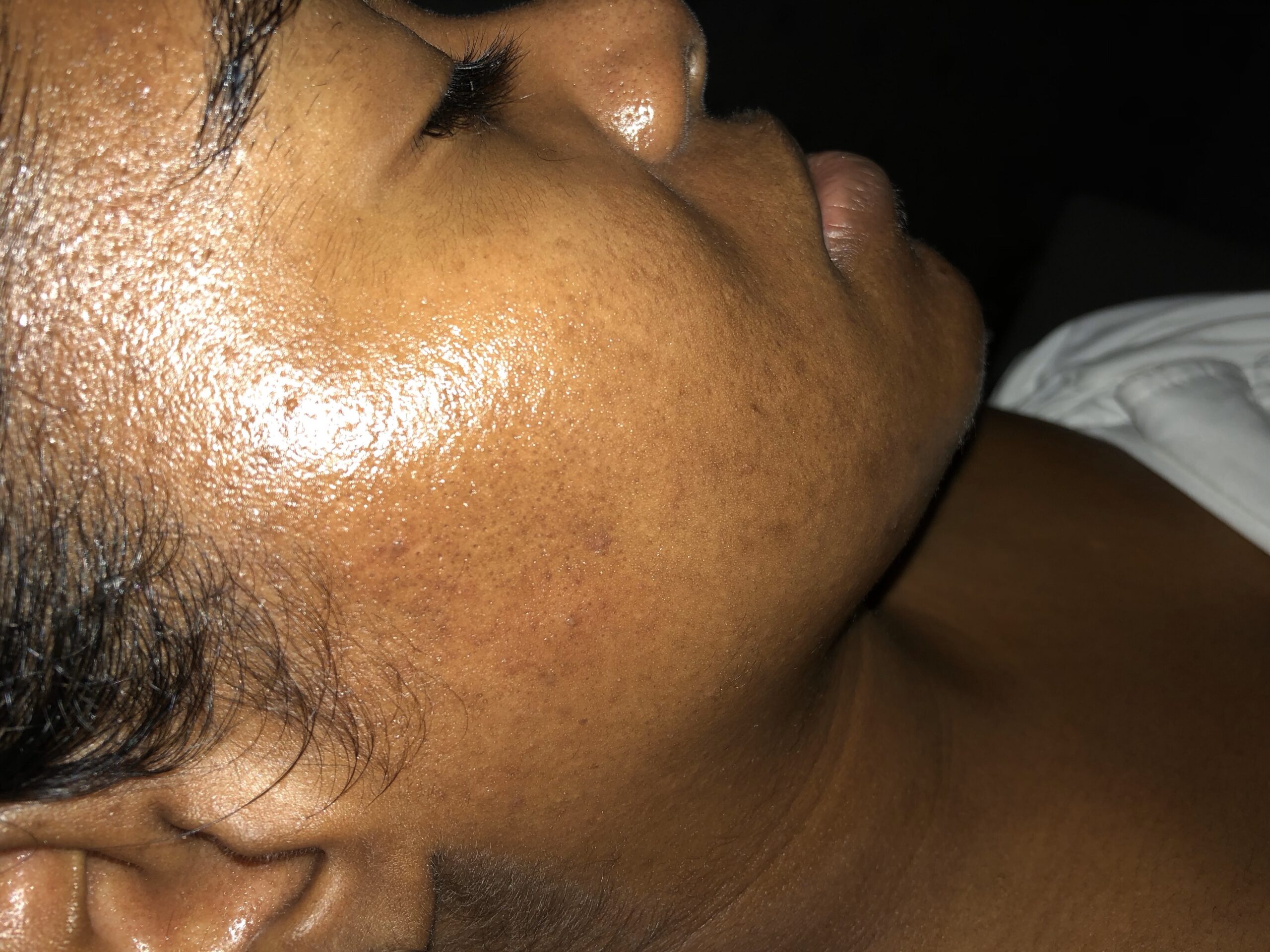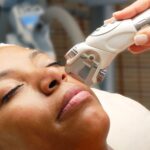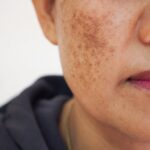Black skin is beautiful; even when you age, you can still look as radiant as ever.
However, it can present its challenges when not properly maintained, or when it is exposed to unfavorable conditions. These could lead to skin discolorations and other skin conditions.
The Role of Melanin in the Skin
Wonder why your skin is dark? It’s the presence of melanin.
Melanin determines the color of your skin; the more melanin you have, the darker you are.
In normal and properly maintained skin, melanin is produced evenly across the skin. But when these cells begin to underproduce or overproduce melanin in certain parts of the skin, it becomes obvious.
Those parts could be darker or lighter, making the skin appear irregular.
Skin pigmentation is highly visible in dark skin, and it is a problem that affects people with brown and black skin.
Post-inflammatory hyperpigmentation (PIH)
Injuries, trauma, or skin damage can stimulate the excess or inadequate production of melanin in some areas of the skin.
This condition, known as post-inflammatory hyperpigmentation (PIH), can lead to discolored or much-darkened patches and spots on the affected skin.
The color of the affected spots-whether it is darkened or gray – depends on where the melanin is produced in excess. When it is in the upper layer of skin (epidermis), it appears dark. If it is in the lower layer of the skin (the dermis), the skin could appear gray or blue.
What causes PIH?
PIH is caused by injuries, trauma, or damage. When a person gets scratched, gets cut, or has burned, it can cause PIH. Rashes and infections like lichen planus, psoriasis, eczema, acne can cause PIH.
Exposure to harsh conditions, substances, and processes puts a person at the risk of PIH too. Sunburns, surgery, bites, and cosmetic procedures can result in PIH.
Treating PIH
To treat PIH, the root cause must be identified and addressed.
If it is any of the conditions like acne, eczema, psoriasis, and others, it must be treated and eradicated. PIH often clears afterward.
What if PIH doesn’t clear?
You might have to address the hyperpigmentation if the patches do not clear.
Your dermatologist might recommend hydroquinone to you.
Hydroquinone
Hydroquinone is a common treatment for excess pigmentation. It inhibits the cells that produce melanin from producing more, eventually making the skin appear clearer and uniform.
Your dermatologist will prescribe the right hydroquinone and the prescriptions might include other products as well. Ensure you adhere to the instructions of your dermatologist when using hydroquinone. Using it in excess could lead to excess lightness, redness, burning, or irritation of the skin.
Azelaic acid
Azelaic acid is another effective treatment. It is anti-bacterial and can treat inflammation, and dark patches.
It is used as an alternative to hydroquinone.
Retinoids
Made from vitamin A, Retin-A, Differin, and Tazorac; retinoids are effective in the treatment of acne and PIH.
Caution must be taken when using it. Just like hydroquinone, it must be used under the guidance of a dermatologist as using it excessively can result in dryness, burns, and irritation.
Glycolic acid
Glycolic acid product is readily available and is often, and quite effectively, used to treat PIH.
Products with glycolic acid are used as exfoliants. They can be used to peel off the darkened spot. And it is also advisable, as with other methods of treatments, to consult your dermatologist to determine whether glycolic acid is suitable for your skin.
Chemical peels
Chemical peels are used to treat persistent PIH.
It involves applying glycolic or salicylic acid to exfoliate the uppermost layer of the skin-including the darkened paths- to treat PIH.
Chemical peels can be through different processes and might be done more than once to complete the healing process.
MIcrodermabrasion
Microdermabrasion uses physical processes, rather than chemical processes, to exfoliate the top layer of skin to treat PIH.
Performed by a dermatologist, it requires the use of fine crystals being sprayed onto the skin to gently scratch away the top layer of the skin. The crystals are exfoliants, acting in the same way as chemical peels to peel off the uppermost layer of the skin alongside dark patches caused by PIH.
Microdermabrasion must be conducted by a professional, and they must pay attention to the nature of your black skin. The skin can also get irritated, red, burned, swollen, and discolored if not carried out appropriately.
Other treatments for PIH are cocoa butter, aloe vera, and other natural home remedies, though there is insufficient evidence any of them works.
Can Sunscreens help?
Sunscreen fights PIH. As PIH can be caused by exposure to sun rays, sunscreen can serve as a powerful shield to prevent the skin from darkening.



